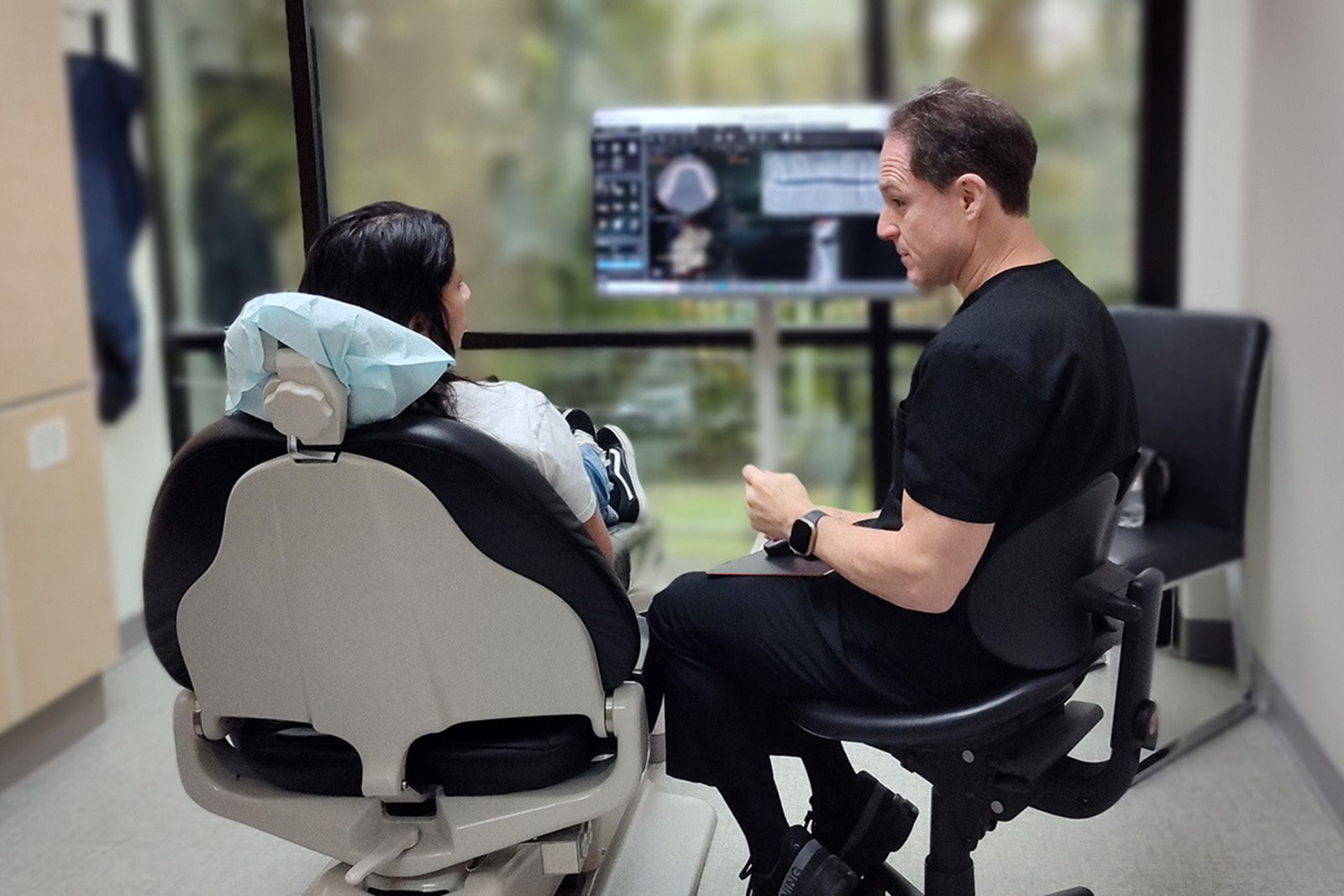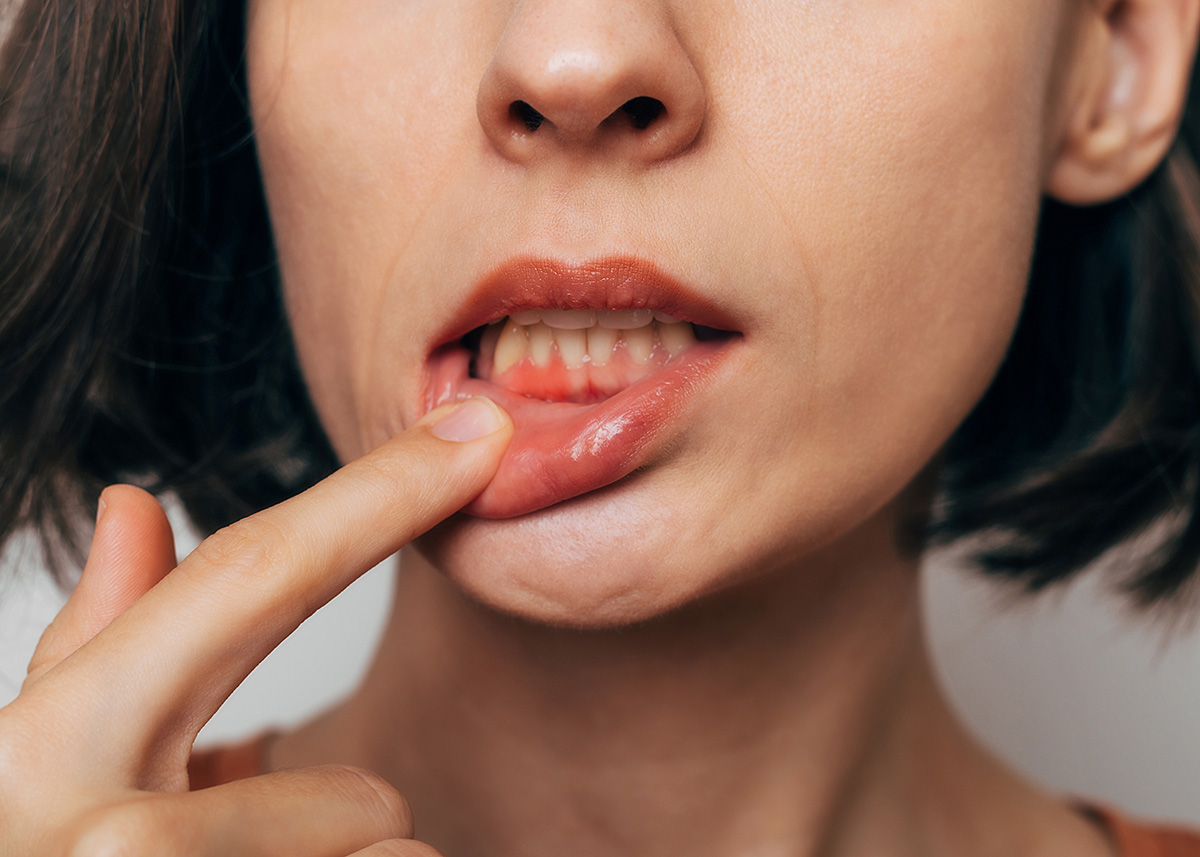Gingivitis
This is the early, mildest stage of gum disease. Your gums may become red, swollen, tender, and bleed easily when you brush or floss. The good news? At this stage, gingivitis is reversible with good oral hygiene and professional cleaning.

Have you ever noticed your gums looking a bit redder, feeling sensitive, or bleeding when you brush? These might seem like minor annoyances, but they could be early signs of periodontal disease, also known as gum disease. This common condition is an infection of the tissues that support your teeth – your gums and the bone that holds them in place. If left unchecked, periodontal disease can lead to serious consequences, including tooth loss and even affect your overall health.

Imagine a sticky film of bacteria, called plaque, constantly forming on your teeth. When plaque isn’t effectively removed through brushing and flossing, it can harden into a rough substance called calculus (buildup), both above and below the gumline. This buildup irritates your gums, causing inflammation, according to the CDC.
Periodontal disease can be sneaky, often progressing without pain, especially in its early stages. This is why it’s crucial to be aware of the warning signs:
If you’re experiencing any of these symptoms, don’t ignore them!
Thinking about dealing with gum issues can be daunting, but addressing periodontal disease early offers significant benefits:
Don’t let fear or hesitation stand in the way of a healthy smile and a healthier you. You have the power to take control of your gum health! It’s much easier, cheaper, and less painful to deal with dental issues when they’re caught early or prevented entirely.
Here’s how you can start taking action:
We understand that visiting the dentist can sometimes be accompanied by anxiety, but our team is committed to providing a comfortable and supportive experience. You’ll be met with care and understanding every step of the way.
Ready to take the first step? Call us today to schedule your consultation!